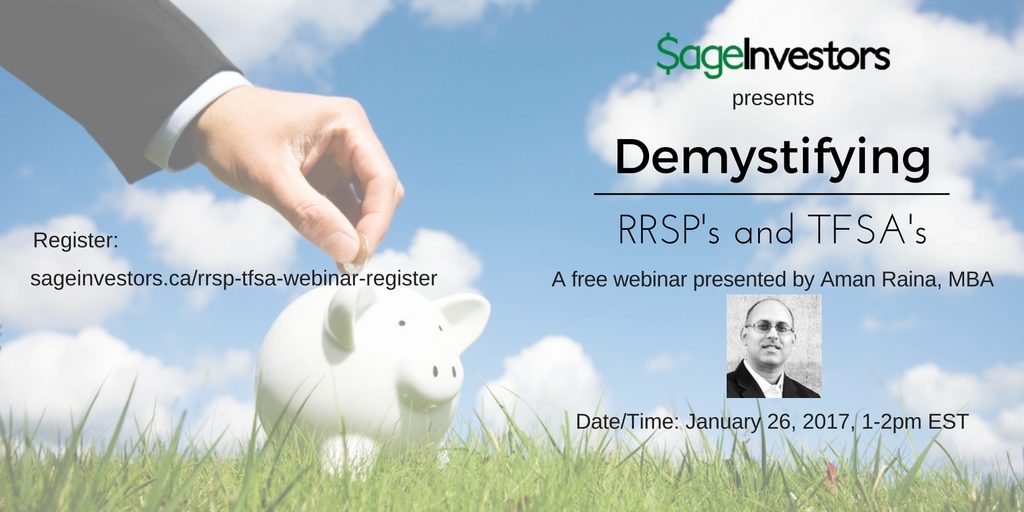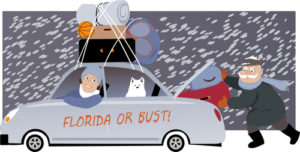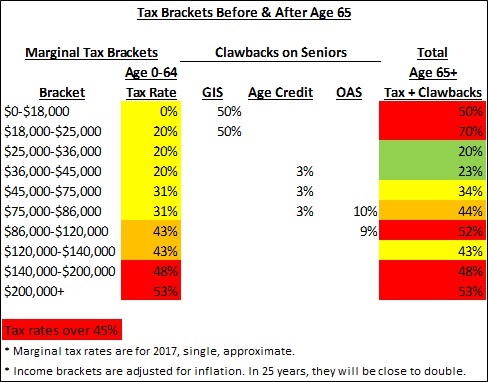 By Aman Raina, SageInvestors.ca
By Aman Raina, SageInvestors.ca
Special to the Financial Independence Hub
In the early part of the New Year we see, hear, and read a lot of messages regarding Registered Retirement Savings Plans (RRSPs). From every indication, they are important to have as a saving tool as we get older.
RRSP and Containers
Before getting to why it is important, a quick overview of the RRSP concept. The best way I can explain the concept of a Registered Retirement Savings Plan or RRSP, is that it is essentially a container. It can be a jar, a glass, a bathtub, anything that can hold something.
In terms of RRSP containers, I’ll keep this simple. You have several types to choose from:
Asset Specific RRSPs –can only hold a specific type of asset like a GIC or a mutual fund. You can hold multiple containers of Asset Specific RRSPs
Self-Directed RRSPs –can hold a variety of securities including individual stocks, bonds, ETFs, mutual funds, cash, GICs, Treasury Bills. They are much more flexible in terms of your options of what you want to put in your container. The banks and brokerages usually charge an annual fee for the privilege of using their containers, however if you have enough assets to put into the container or throw a lot of business there way, you can get it waived.






